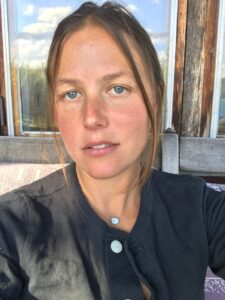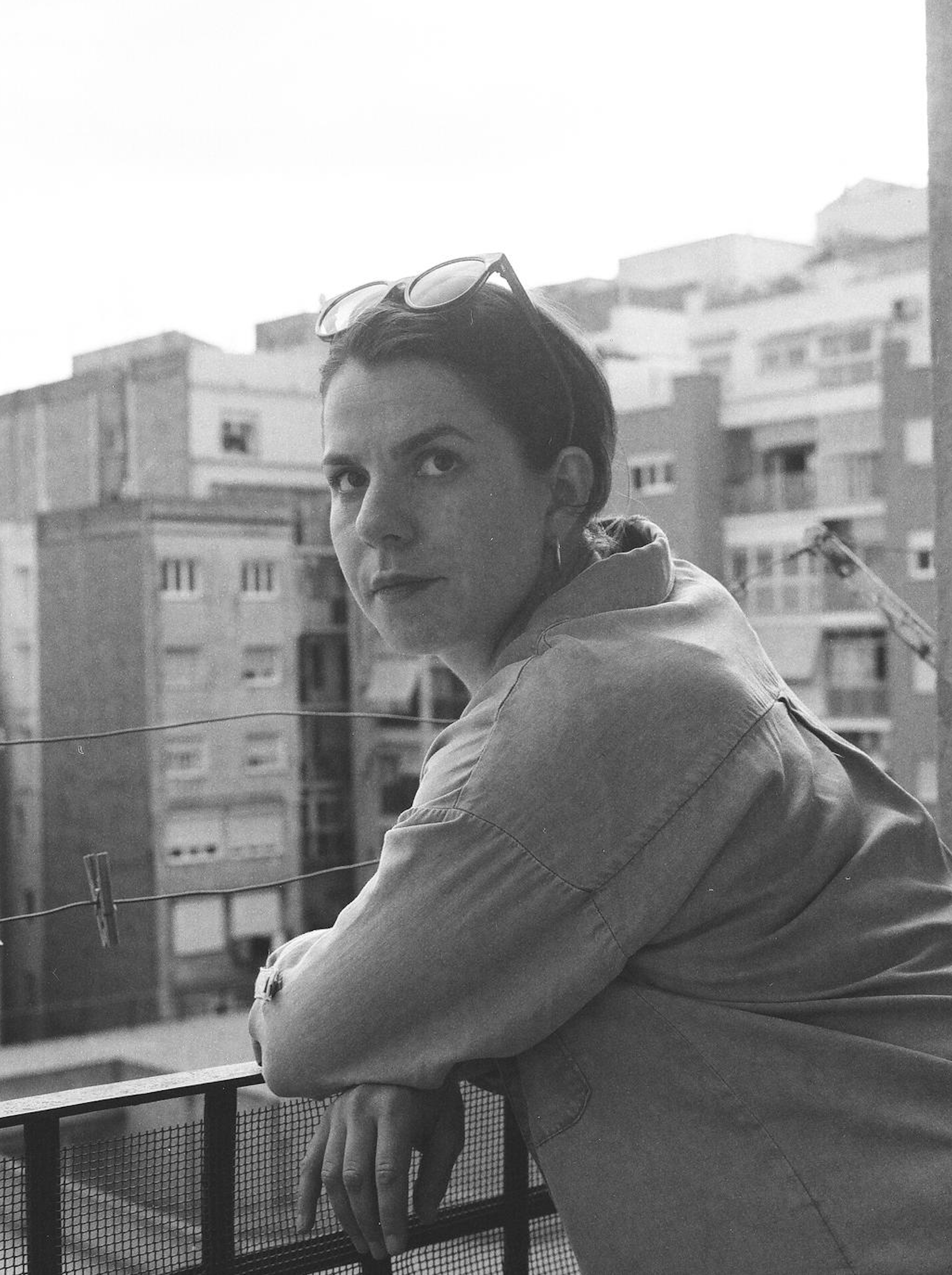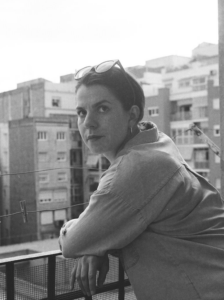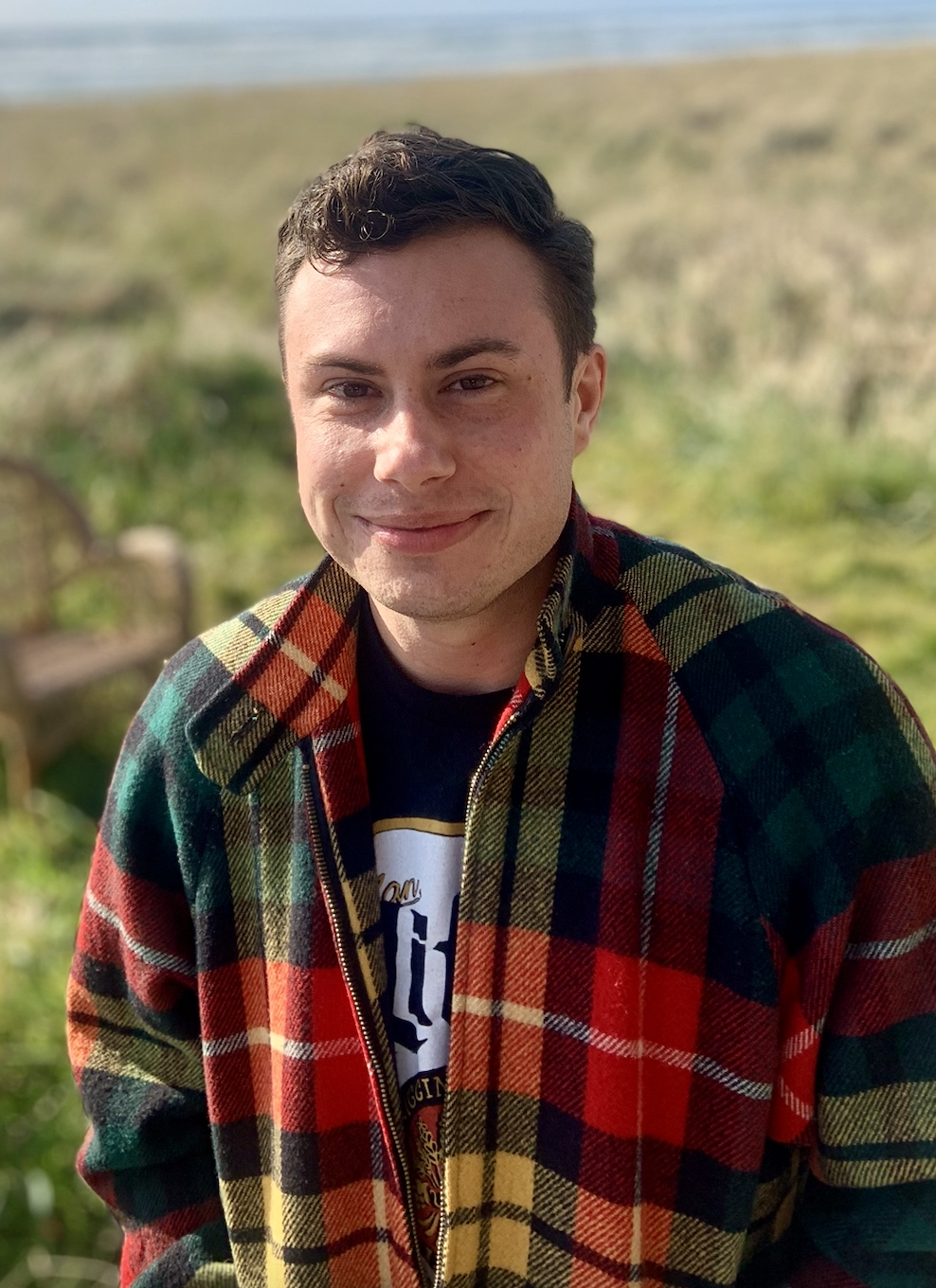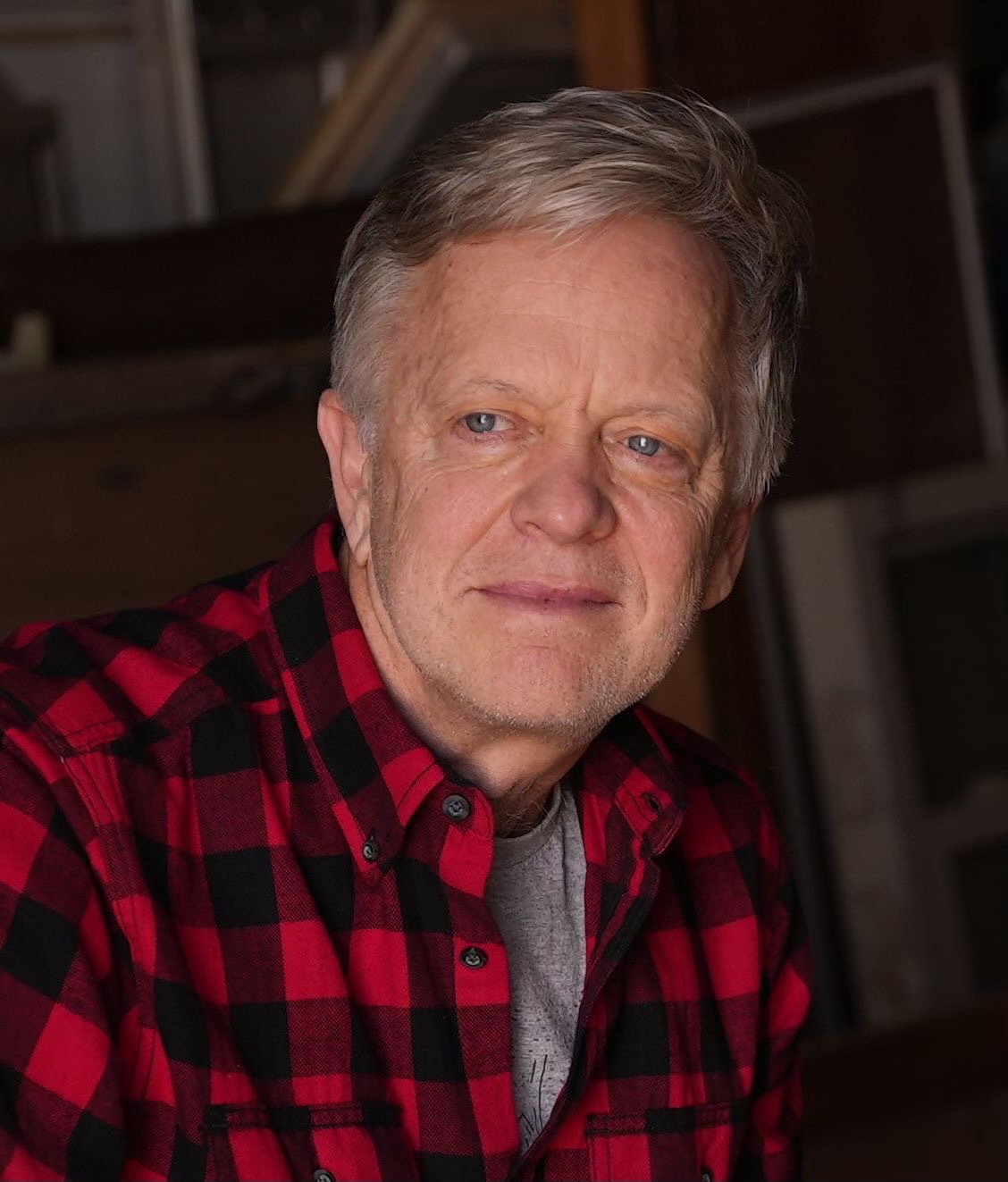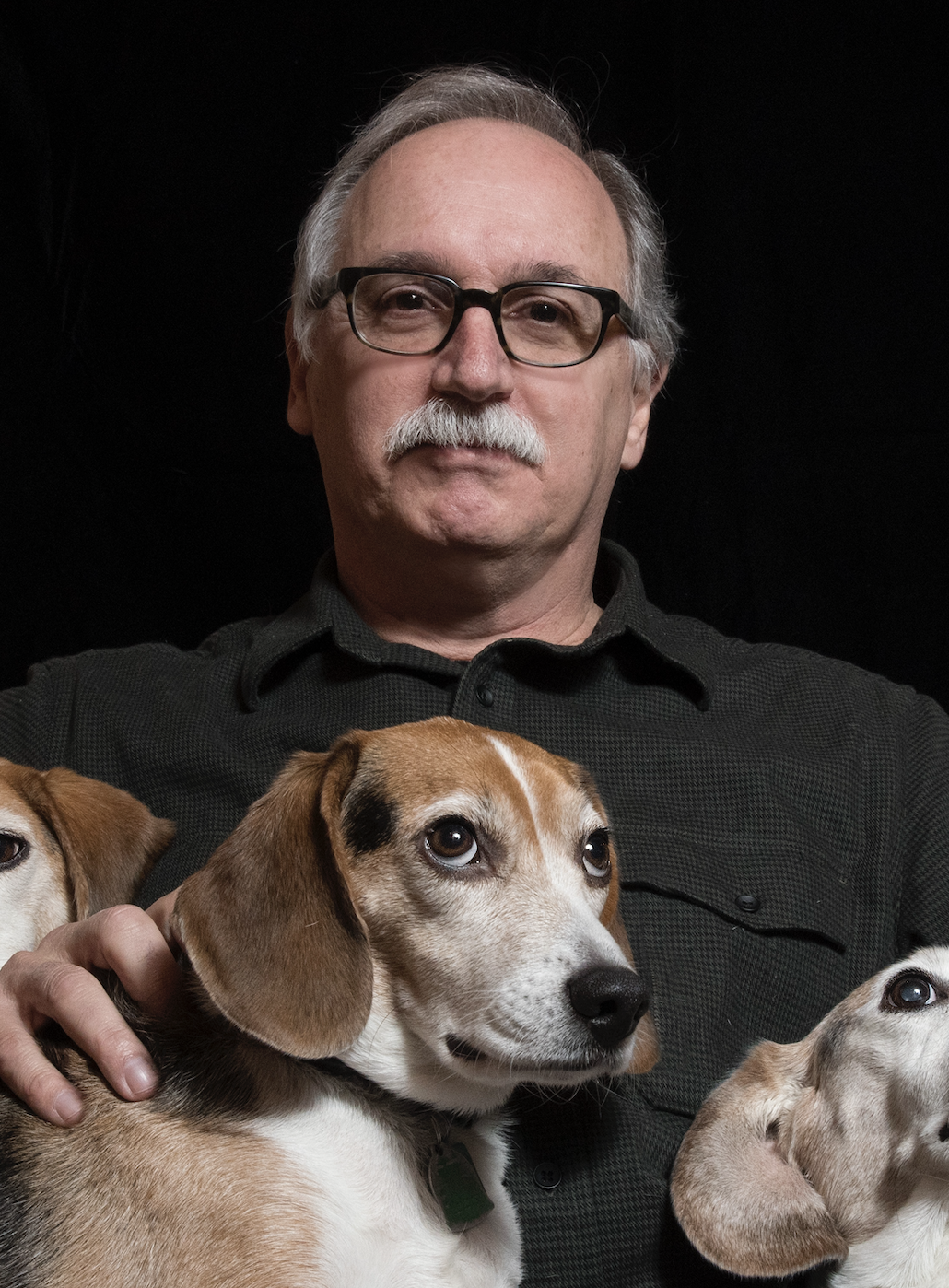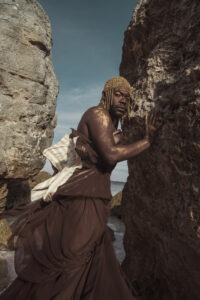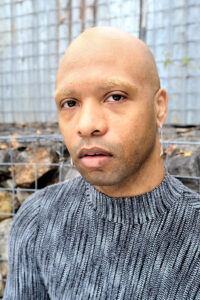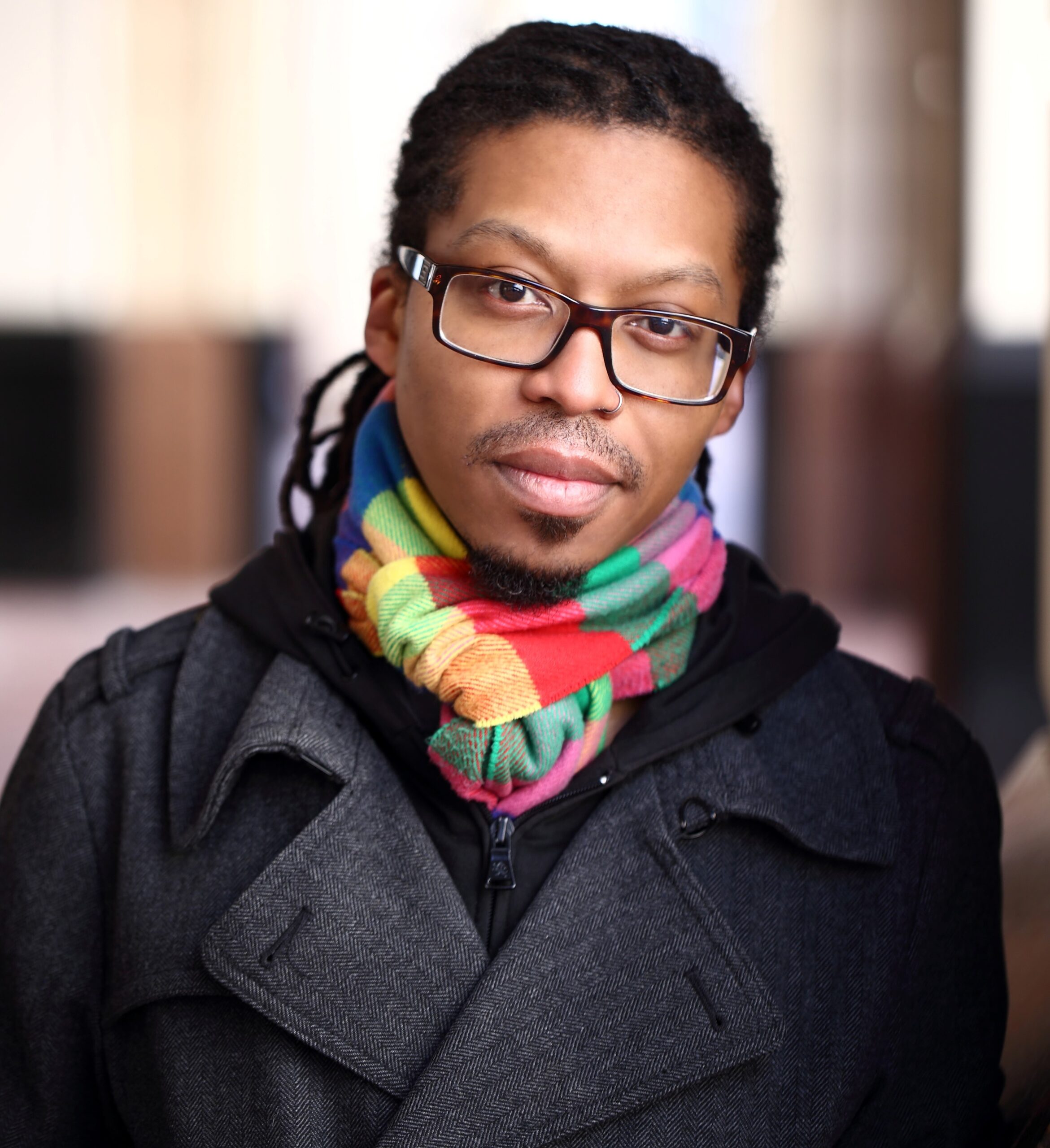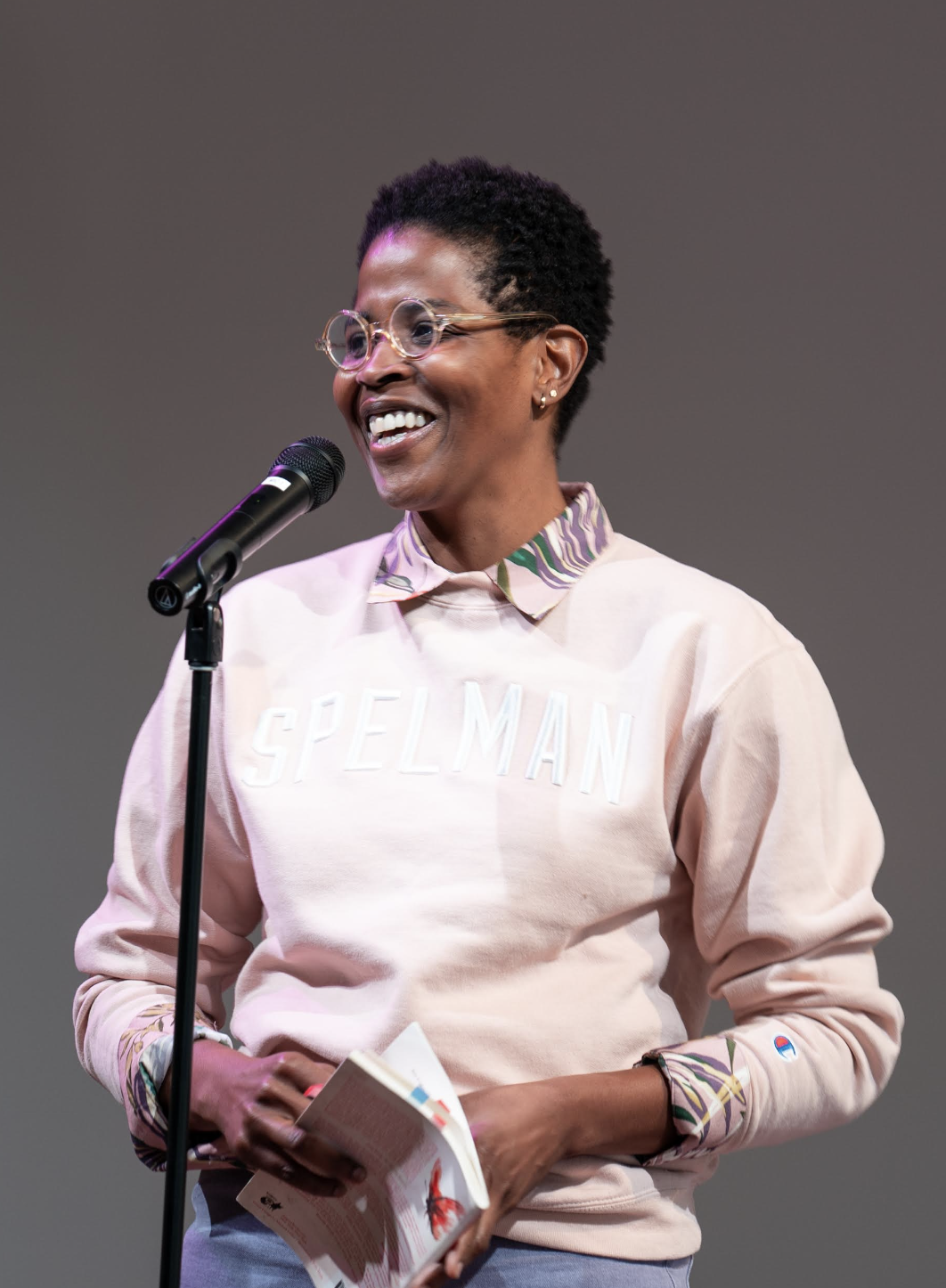Haitian-born poet ENZO SILON SURIN gives “voice to experiences that take place in what he calls broken spaces.” These are the spaces he writes about, writes for, and writes from. In his latest poetry collection, American Scapegoat, following the success of his last book, When My Body Was A Clinched Fist, Surin illuminates our opaque relationship with the truest history of Black America. His poems invoke an urgent conversation, which is why the word “interview” here feels unmalleable; Enzo and DAPHNE STRASSMANN had a vulnerable exchange about the inheritance and meaning of a broken space.
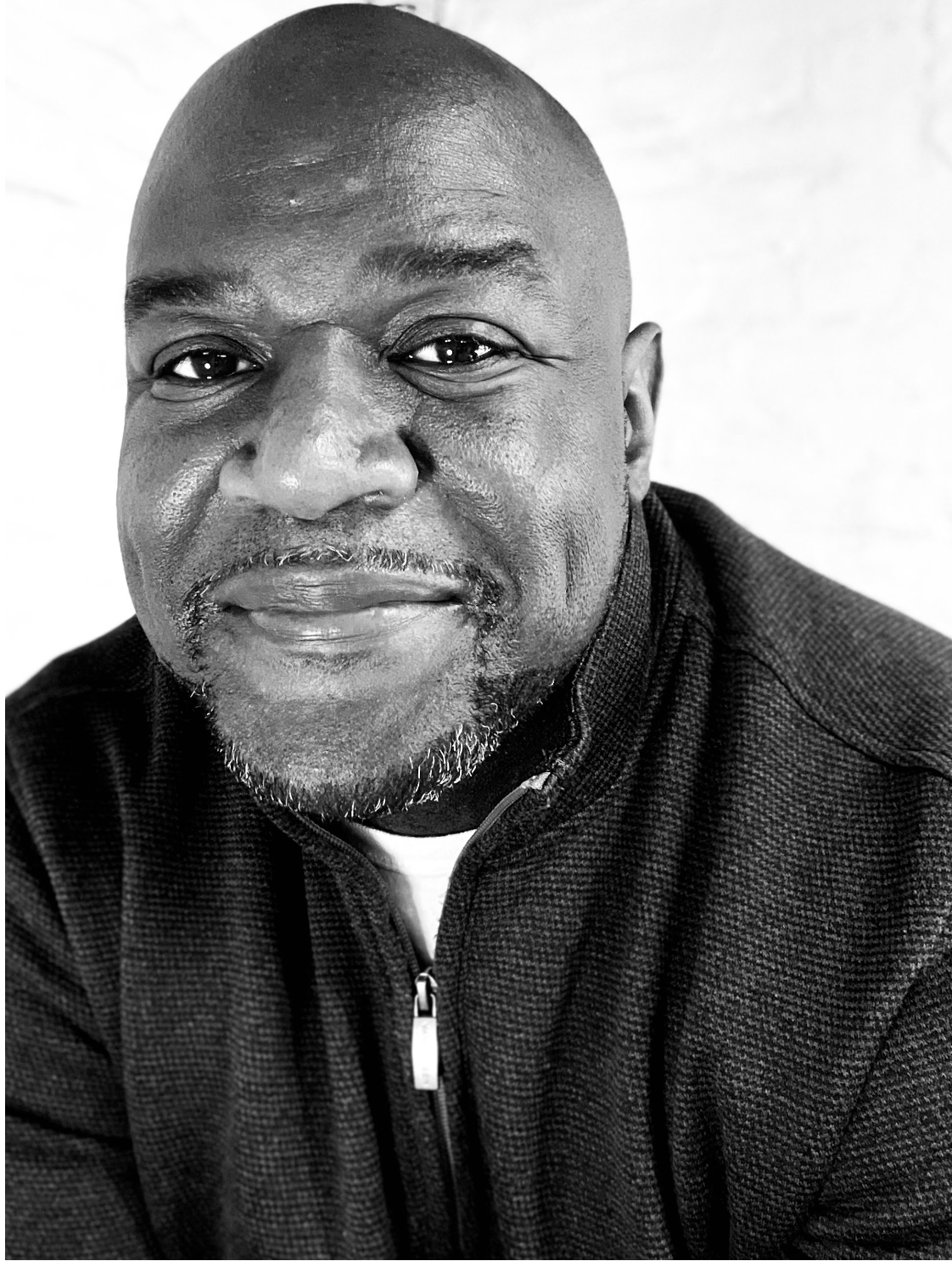


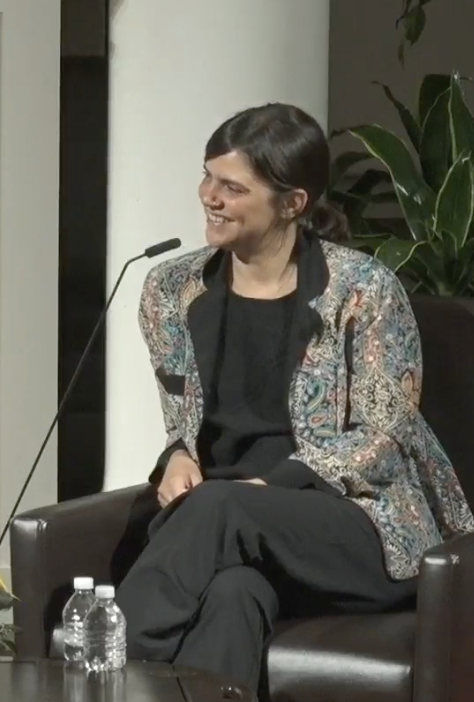
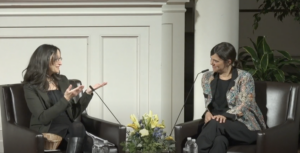
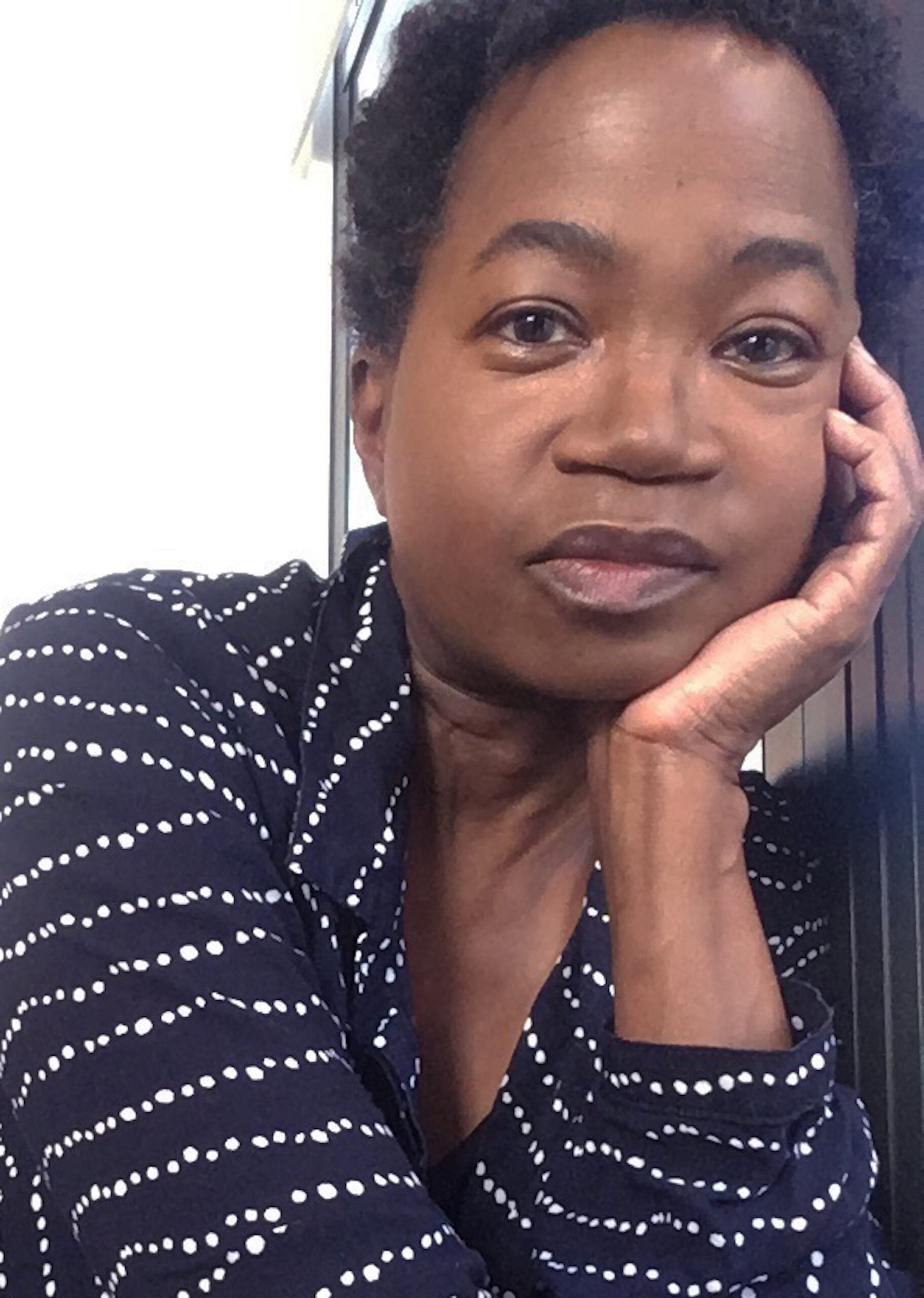
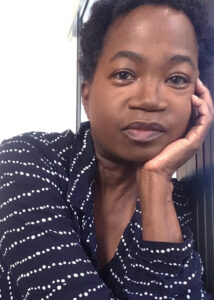 .
. 